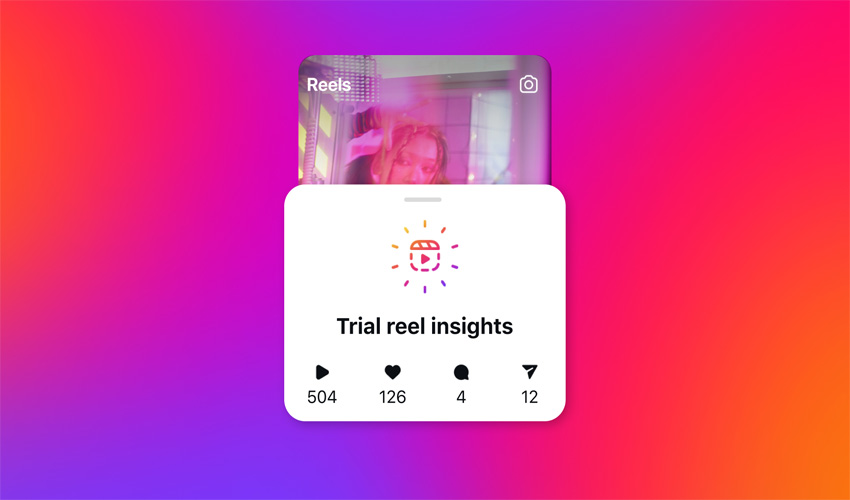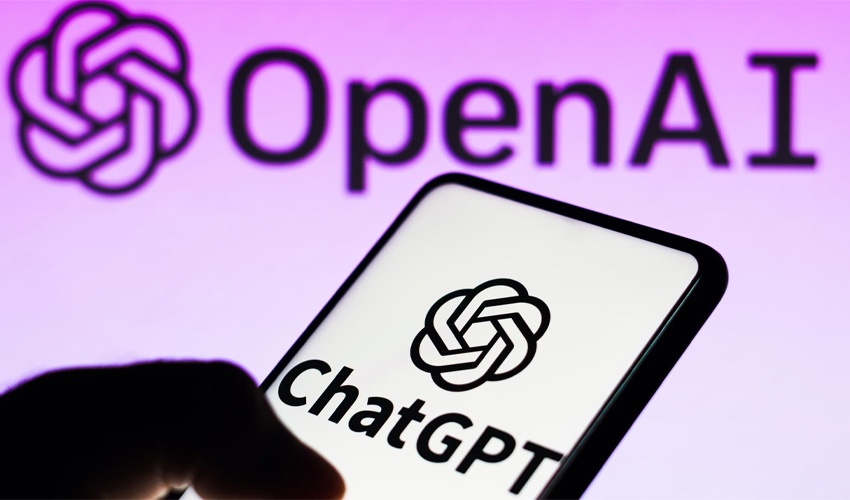Google unveiled Gemini 2.0 on Wednesday and described it as its most advanced artificial intelligence model, as global tech giants intensify their efforts to lead in the rapidly evolving AI sector.
CEO Sundar Pichai introduced the model, which he said heralded "a new agentic era" of AI, with systems capable of understanding, reasoning, and making decisions about the world. He highlighted the enhanced contextual awareness and decision-making capabilities of Gemini 2.0, which aim to make information more useful for users.
The announcement sent Google’s shares soaring over 4% on Wall Street, following a 3.5% surge the previous day after the launch of its breakthrough quantum chip.
The Gemini 2.0 rollout began with developers and trusted testers, with broader integration planned across Google’s products, including Search, in early 2025. The first release, Gemini 2.0 Flash, promises faster performance and the ability to process multiple forms of input, such as text, images, and video, while offering outputs like generated images and speech.
The model runs exclusively on Google’s sixth-generation Trillium TPUs, a move diverging from the dominance of Nvidia in AI training. This custom hardware is now generally available to customers, marking a significant shift in the industry’s reliance on Nvidia’s technology.
Tech giants, including OpenAI, Meta, and Amazon, have been racing to launch increasingly powerful AI models despite concerns over their cost and economic impact. The latest trend, AI "agents," involves systems designed to perceive their surroundings, make decisions, and perform tasks, promising to redefine the AI landscape.
Google revealed plans for Gemini 2.0's expanded capabilities in 2025, including AI Overviews in more countries and languages. Additionally, it is testing a product capable of interacting with software, websites, and tools like a human user, alongside enhancements to Project Astra, its image-responsive digital assistant.
The Gemini technology has already been integrated into seven Google products, serving over two billion users, and continues to attract millions of developers globally.

























